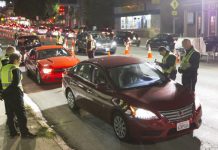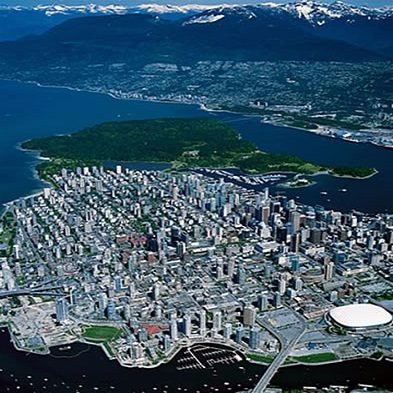A Vancouver councillor says it may take years, but he can see the day a craft cannabis industry emerges in British Columbia, with smoking lounges in the city allowing people to responsibly sample strains of specially cultivated marijuana.
“It wasn’t long ago there was a government monopoly on beer and craft beer was illegal,” Kerry Jang said. “Now what do we see? We see a huge market for craft beer. We see responsible usage. We see breweries, brew pubs that didn’t exist before. Why not with marijuana?”
Jang made his comments Monday at the annual Union of B.C. Municipalities convention where the province announced a five-week public consultation process on the future of cannabis.
The government wants to solicit input from residents as well as local government, First Nations and industry on how it can best protect children, keep roads safe after the federal government legalizes marijuana on July 1.
Solicitor General Mike Farnworth said while the timeline imposed by the federal government is tight, the public must have a chance to propose ideas and raise concerns.
“The best public policy isn’t imposed from up above,” he told reporters. “The best public policy is made when there’s a sense that people understand the questions … and they feel they’ve had a say.”
The consultation process is scheduled to last until Nov. 1 to allow the B.C. government time to draft regulations ahead of the spring session of the legislature, which must happen in order to have a law in place by next Canada Day, Farnworth said.
Federal legislation has yet to be finalized, but the provinces will have the power to regulate the retail sale of marijuana and to upgrade traffic safety laws to protect people on the roads from cannabis-impaired drivers.
Farnworth said some elements of the provincial regulatory framework will have to be universal, such as the distribution model and the minimum age of consumption, but it must also give municipalities room to manoeuvre based on the wishes of local residents.
“I don’t see any reason at all why we have to have a one-size-fits-all approach in terms of retail distribution in British Columbia,” he said.
Jang agreed, adding the province will benefit from the experiences of Vancouver and Victoria in regulating the industry. He said he supports the government’s outreach plans.
Perry Kendall, B.C.’s chief medical officer, spoke earlier Monday to convention delegates about his work with the national task force on legalizing and regulating marijuana, and about the challenge of striking the right balance.
Kendall spoke of how health experts concerned about the impact of marijuana on developing brains urge a minimum age of 25, but that kind of policy would relegate a significant number of young users out of reach and into the black market.
Provinces have put pressure on the federal government to push back the July 1 timeline, echoing public health and safety concerns raised by police agencies and youth health experts.
Ontario became the first province to release details of its plans to regulate cannabis, saying it will impose a minimum age of 19 for consumption, restrict sales to certain government liquor stores and limit pot use solely to private residences.
Alberta is partially through its own public consultation, while Quebec’s wrapped up earlier this month.
credit:420intel.com












